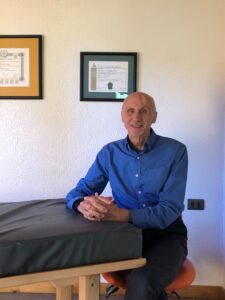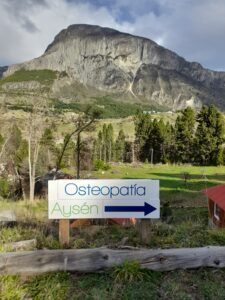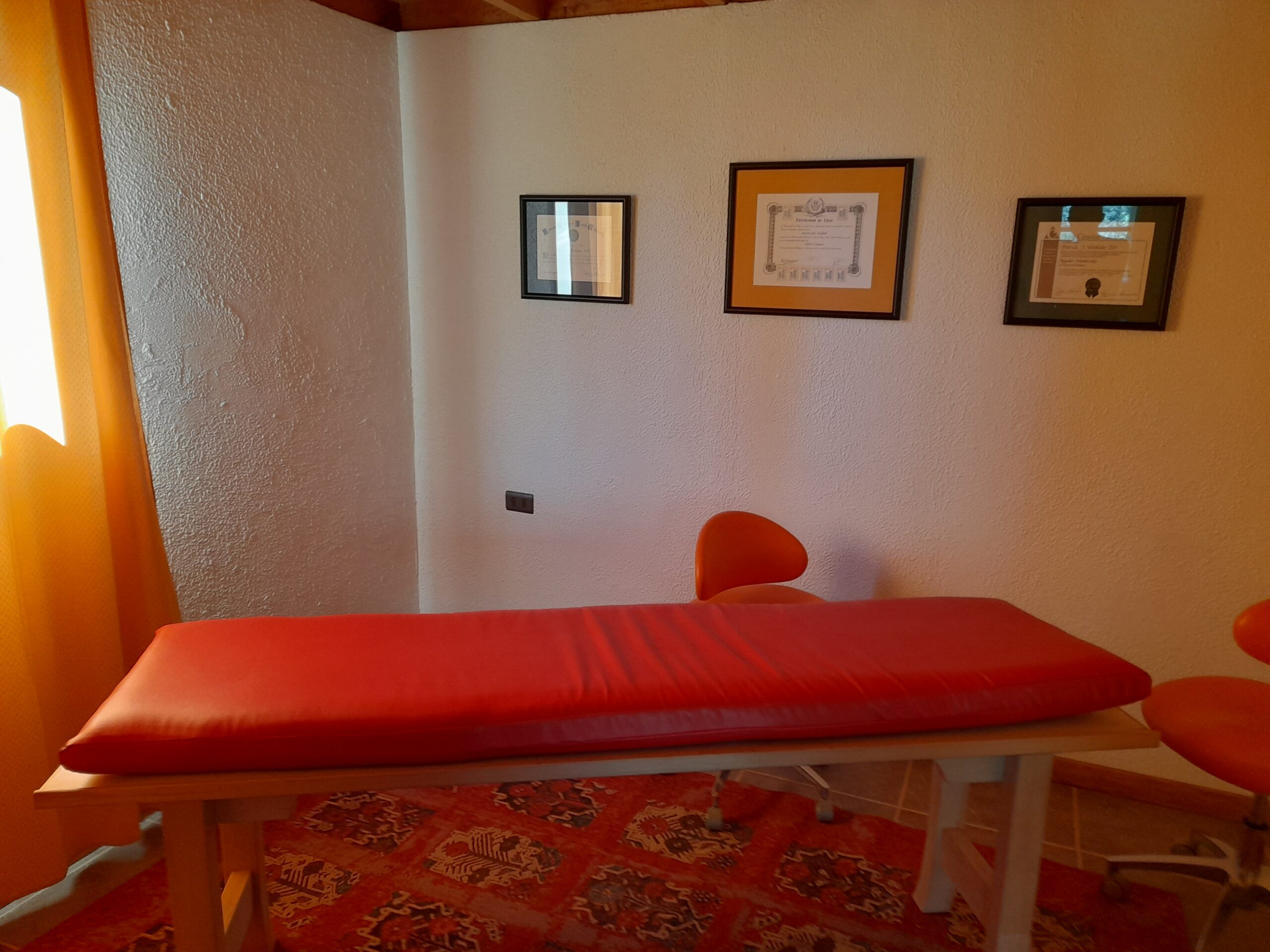Tuesday, March 26, 2024
 If you’re looking for the unlikeliest of people to practice osteopathic medicine,
osteopathy, or osteopathic manipulative treatment then look no further than Patrick
Wedlake, DO. So, how did a self-described “hippie from California,” end up becoming
the first licensed osteopathic physician in the South American country of Chile and
practicing cranial osteopathic manipulative treatment?
If you’re looking for the unlikeliest of people to practice osteopathic medicine,
osteopathy, or osteopathic manipulative treatment then look no further than Patrick
Wedlake, DO. So, how did a self-described “hippie from California,” end up becoming
the first licensed osteopathic physician in the South American country of Chile and
practicing cranial osteopathic manipulative treatment?
The wild ride of Dr. Patrick Wedlake, a 1987 TCOM graduate, goes from Palo Alto, California, to Fort Worth, Texas, Greeley, Colorado, Ashland, Oregon, and finally, Coyhaique, Chile, and osteopathic medicine might not have a better advocate than him.
Wedlake’s story and entire career are filled with irony, starting with his desire to be an allopathic physician, not a DO.
He grew up in Palo Alto and began studying Spanish at the age of five, and continued through his time at Stanford, which included a year spent in Spain at the University of Salamanca. He also took a keen interest in Russia, which was due to the heightened tension of the Cold War.
“My obsession with Russia started at age seven during the Cuban Missile Crisis when we were terrorized by the school with drills for nuclear attack,” Wedlake said. “As we huddled under our desks and were told of a big “flash,” I asked my teacher who was going to bomb us. ‘The Russians,’ she answered. Thus, began my interest in learning everything I could about Russia and a resolve to go and talk to those people.”
Growing up in Palo Alto, he naturally went to Stanford, but also because of its reputation. Wedlake grew up watching the TV series “The F.B.I.” and that piqued his interest, so he chose history as his major, which was a pre-law major so he could focus on Russia. Wedlake got a job at the university hospital to help pay for school, but just never felt at home while in college.
“I felt out of place at Stanford,” he said. “I was working 24 hours a week, plus taking a full load of class, so I didn’t have much time for anything else.”
As graduation drew near, he also started to realize the world was much bigger than he had imagined and what exactly was he going to do with a degree in Russian history?
“I realized that I didn’t want to become a lawyer or an FBI agent,” Wedlake said. “The answer was to teach or work for the CIA, neither of which interested me. That was when the spark of a health care career germinated.”
He was drawn to naturopathic medicine and started taking pre-requisite classes in Oregon, where he had moved after graduation. Wedlake worked in ERs and started to observe something peculiar.
“There was an overreaction to innocent diagnoses and underreaction to serious diagnosis by naturopaths who sent people in to be seen,” he said. “I had been interested in homeopathy at school, but frankly wanted to have allopathic training to not make the same mistakes. Osteopathy was my second choice to stay in the Portland area where I really wanted to study.”
Wedlake arrived at TCOM in the summer of 1983, but very reluctantly.
“I arrived in Fort Worth, not really wanting to be there and not really wanting much from the school except the allopathic training,” Wedlake said. “I never really told anyone of my heresy of wanting to be an MD!”
While he masked his desire for an allopathic education, he started to get exposed to osteopathic medicine. One course in particular, a six-week cranial course, stood out.
“I wondered what possible use this could be, and shrugged it off even though we were taught one release maneuver,” Wedlake said.
A statement now that’s dripping with irony, Wedlake still wondered if using your hands could heal people. Following his graduation, he ended up at an MD residency in Greeley, Colorado. It was there he first used the release maneuver on a patient, who had seven months of headaches after a side of beef had fallen and struck her at a meat packing plant.
“Honestly I just didn’t have the heart to say that I had nothing to offer her; she had been given all the medications I knew of and had normal tests,” Wedlake said. “So, I decided to perform the release maneuver and when it didn’t work, I could say she needed to continue her search for relief.”
Wedlake never got the chance to tell her those words, her headaches disappeared, never to return. The maneuver worked. Wedlake himself was still skeptical, but the seeds of intrigue were planted. Months later he did the maneuver again on a patient with the same issues, and headaches, and again the response was curative.
Near the end of his residency, Wedlake was focused on returning to Oregon. He began working in a migrant farmworker clinic in southern Oregon, and mentioned a few of his cases to a fellow physician he did rotations with at the clinic. In came another referral, a patient with headaches for over seven months. His first release maneuver gave her relief for a few days, and he followed that up with another cranial maneuver he recently learned and they completely disappeared. He became the hottest doctor in town.
“The referring doctor then started sending me what turned out to be an avalanche of patients such that in January 1992 I took my one day off and starting seeing patients,” Wedlake said. “By 1994 I was so busy with osteopathy that I quit delivering babies and began to work more days at osteopathy in addition to ER work that I did from the beginning of my time in Ashland.”
His practice morphed into the creation of Osteopathic Consultants, which had several other DOs who practiced osteopathic manipulation exclusively. The patients who were coming to the practice were convincing their primary care doctors that they were helping people reduce their symptoms and medications for their conditions.
Wedlake became a student at the Cranial Academy and Sutherland Cranial Teaching Foundation to hone his craft, one that he initially had no confidence in. It was a practice that lasted for 30 years until he decided he was ready to make the move to his new home in Chile.
“I had always dreamed of living in another Spanish-speaking country again, but not in Spain,” Wedlake said. “A physician friend of mine went down and married a native of Chile, and they ultimately bought land in Patagonia. I went down with them in 2003 and my experience there can only be described as an epiphany. It seemed like everything I had ever done brought me to that point.”
 Wedlake bought some land nearby and began the process of getting licensed in Chile.
It took two and half years, two written exams, and four rotations in the University
of Chile hospitals with oral exams, but in 2008 Wedlake became the first osteopathic
physician licensed as a MEDICO/CIRUJANO in Chile.
Wedlake bought some land nearby and began the process of getting licensed in Chile.
It took two and half years, two written exams, and four rotations in the University
of Chile hospitals with oral exams, but in 2008 Wedlake became the first osteopathic
physician licensed as a MEDICO/CIRUJANO in Chile.
He made the move permanent during the COVID-19 pandemic and the practice OSTEOPATÍA AYSÉN in Coyhaique was born in 2021.
“I’m just another American gringo who fell in love with Patagonia,” Wedlake said.
His practice in Chile is all word of mouth. He sees between six and nine patients a week and runs his clinic out of his house. He has a custom-made OMT table that he uses to treat patients.
“Osteopathic Medicine was a pilgrimage for me, it’s changed my life,” Wedlake said. “Everything A.T. Still said was right. It makes you wonder did someone up there hear me, did A.T. Still hear me and get into an osteopathic school instead of an MD school.”
 Wedlake isn’t sure what the future holds for him, but he plans to stay in Chile for
many more years. He still visits the United States a few times a year to see his children
and grandchildren but is convinced now more than ever that the path he took was the
way it was supposed to be.
Wedlake isn’t sure what the future holds for him, but he plans to stay in Chile for
many more years. He still visits the United States a few times a year to see his children
and grandchildren but is convinced now more than ever that the path he took was the
way it was supposed to be.
“To see patients, get up off the table and you lead them to health, there is nothing like that in the world,” said Wedlake. “Any doctor can find disease, we find the stripe of health and lead people to health. It’s all by feel, doesn’t matter what you have. My story could have been a great tragedy, but I thank osteopathy and TCOM for it not turning into one.’
“It was just a great education, I was so pleased with it, but I didn’t tell anybody I wanted to be an MD,” Wedlake says with a laugh.
From HSC Newsroom - Our People by Steven Bartolotta